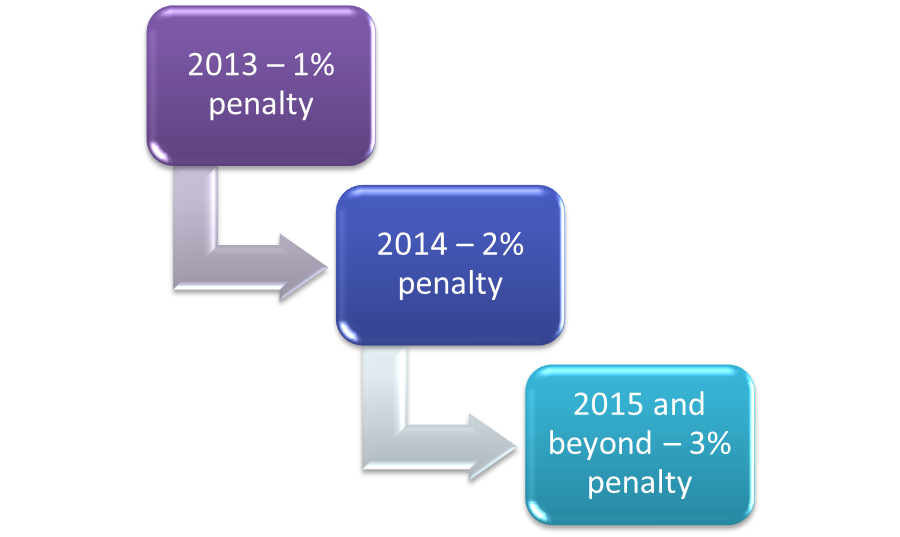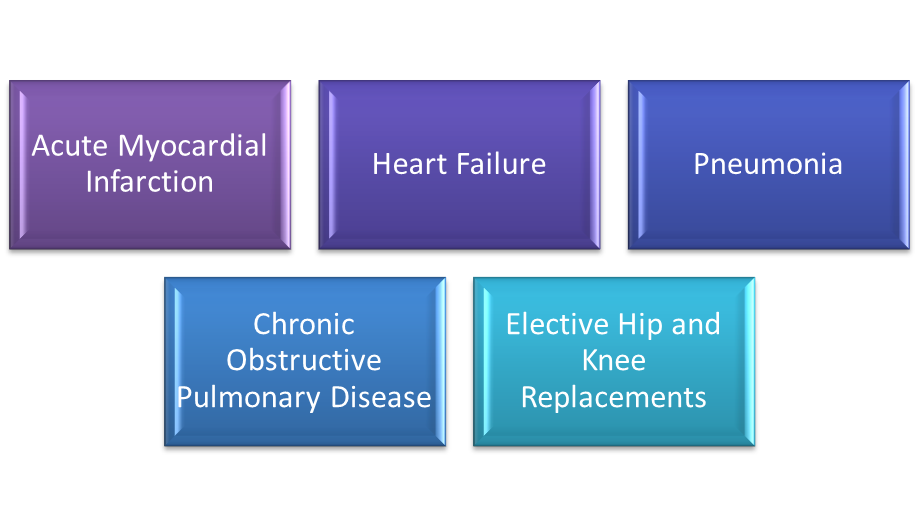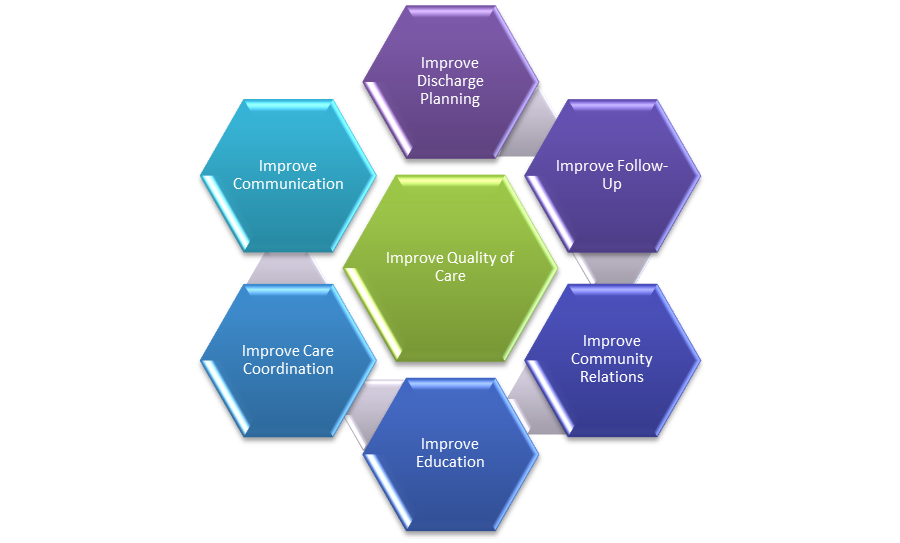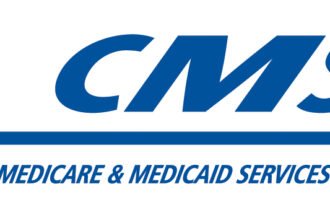 Summary: As most of us are aware, readmissions is a hot topic, especially in terms of the penalties assessed for readmission rates which are excessive. What can you do to reduce or eliminate your readmission rates?
Summary: As most of us are aware, readmissions is a hot topic, especially in terms of the penalties assessed for readmission rates which are excessive. What can you do to reduce or eliminate your readmission rates?
- Reducing Readmissions Through Improving Quality of Care
- Reducing Readmissions Through Improving Discharge Planning
- Reducing Readmissions Through Improving Follow-Up
- Reducing Readmissions Through Improving Community Relations
- Reducing Readmissions Through Improving Education
- Reducing Readmissions Through Improving Care Coordination
- Reducing Readmissions Through Improving Communication
- Comments
 Summary: As most of us are aware, readmissions is a hot topic, especially in terms of the penalties assessed for readmission rates which are excessive. What can you do to reduce or eliminate your readmission rates?
Summary: As most of us are aware, readmissions is a hot topic, especially in terms of the penalties assessed for readmission rates which are excessive. What can you do to reduce or eliminate your readmission rates?
There has been a lot of talk about avoidable readmissions, specifically the healthcare costs associated with them and the effects on the quality of patient care being provided. In order to crack down on these avoidable readmissions, CMS created the Readmissions Reduction Program. The premise of the program is to ding hospitals, with higher than average readmissions (readmitted within 30 days of discharge), by assessing penalties against overall Medicare reimbursement. There has been a lot of hoopla surrounding the program, with many criticisms being cited, such as treating all hospitals alike, not accounting for socioeconomic factors, and the way the penalty is calculated.
The current readmission program assesses the following overall penalties against Medicare reimbursement:

The current and proposed conditions included or in review are:
With the incremental increases in both penalties assessed and conditions included, hospitals become more likely to be assessed penalties. Are there ways hospitals can reduce or eliminate these readmission penalties?

Reducing Readmissions Through Improving Quality of Care
- Reduce risk of infection while in the hospital i.e. MRSA, C-diff
- Concentrate on patient safety
- Provide education i.e. medication management while in the hospital
Reducing Readmissions Through Improving Discharge Planning
- Coordinate with primary care, notifying of admission and discharge instructions
Reducing Readmissions Through Improving Follow-Up
- Assist with making follow-up appointment with primary care
- Follow-up with patient to make sure appointment was kept
Reducing Readmissions Through Improving Community Relations
- Educate patient as to community resources available i.e. health clinics, rehab facilities
Reducing Readmissions Through Improving Education
- Educate patient on medication management and discharge plan
- Ensure the patient/family is clear on expectations
- Discuss possible outcomes i.e. non-adherence to plan
Reducing Readmissions Through Improving Care Coordination
- Coordinate with primary care, community outreach, and other after-care facilities
- Coordinate with family/friends to ensure safe discharge
Reducing Readmissions Through Improving Communication
Overall communication and care coordination is critical from the time of admission to post-discharge. Working together with all available resources will provide the right care at the right time in the right setting
Comments
What are other methods you are utilizing to reduce your readmissions? Have you found some additional best practices? We would love to hear your comments. You can’t afford not to take action.







